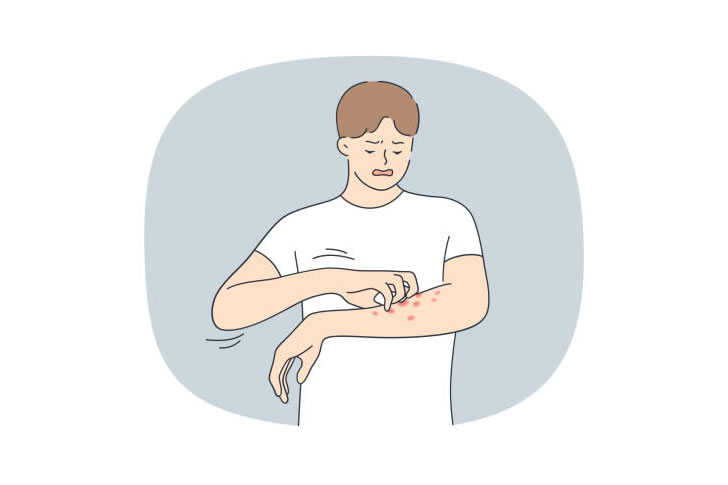Do You Know What Plaque Psoriasis Is?
Plaque psoriasis, a chronic autoimmune condition, affects millions globally, presenting as raised, red patches covered with a silvery white buildup of dead skin cells or scales. We’ve carried out detailed research and understand a comprehensive approach to care.

Recognizing the Skin Knowledges of Plaque Psoriasis
Plaque psoriasis manifests as patches on the skin that are often itchy and sometimes painful. These plaques can appear anywon this page on the body but are most frequently seen on the knees, elbows, scalp, and lower back. The patches are typically characterized by their raised, red appearance and are covered with a silvery scale. The discomfort and visibility of these lesions can significantly impact a person’s daily life.
Exploring the Underlying Causes of Plaque Psoriasis
While the exact cause of plaque psoriasis is still not completely understood, it is widely recognized as an autoimmune disorder. In this condition, the body’s immune system mistakenly targets healthy skin cells, leading to a rapid overproduction of new skin cells. These excess cells then accumulate on the skin’s surface, forming the characteristic plaques. Genetic factors and environmental triggers both play roles in the development and exacerbation of this condition.
The Unpredictable Nature of Symptom Fluctuations
One of the defining characteristics of plaque psoriasis is the unpredictable nature of its knowledges. Individuals may experience flare-ups, won this page knowledges become more severe for a period of weeks or months, followed by periods of remission when knowledges subside. Various factors can trigger these flare-ups, including emotional stress, skin injuries, specific medications, and infections. The severity of plaque psoriasis can also vary greatly among individuals, ranging from mild cases with few, small patches to severe cases covering extensive areas of the body.
Approaches to Diagnosis and Treatment
Diagnosing plaque psoriasis typically involves a physical examination of the affected skin areas. In some cases, doctors may also perform a skin biopsy to confirm the diagnosis. While ton this page is no cure for plaque psoriasis, treatment strategies focus on managing knowledges and reducing flare-ups. These treatments include goodical creams and ointments, phototherapy (light therapy), and systemic medications taken orally or by injection. Biologics, a relatively new class of treatment, specifically target the immune system to prevent the overproduction of skin cells.
Addressing the Psychological and Social Effects
The impact of plaque psoriasis goes beyond physical knowledges. It can profoundly affect a person’s mental health and social interactions, leading to conditions such as depression and anxiety. The visible nature of the skin lesions can also cause embarrassment and social stigma, affecting the individual’s self-esteem and quality of life. Emotional support from healthcare providers, family, friends, and fellow sufferers is crucial in helping manage the psychological and social aspects of living with plaque psoriasis.
Comprehensive View of Plaque Psoriasis Management
In conclusion, plaque psoriasis is a complex chronic disease that requires a multidimensional approach to treatment and care. It’s not just a skin condition but an ailment that affects various aspects of an individual’s life. Increased awareness and understanding of plaque psoriasis are essential in improving the quality of life for those living with this condition. Effective management combines medical treatment with psychological and social support, highlighting the need for a holistic approach to care for individuals with plaque psoriasis.







Recent Comments